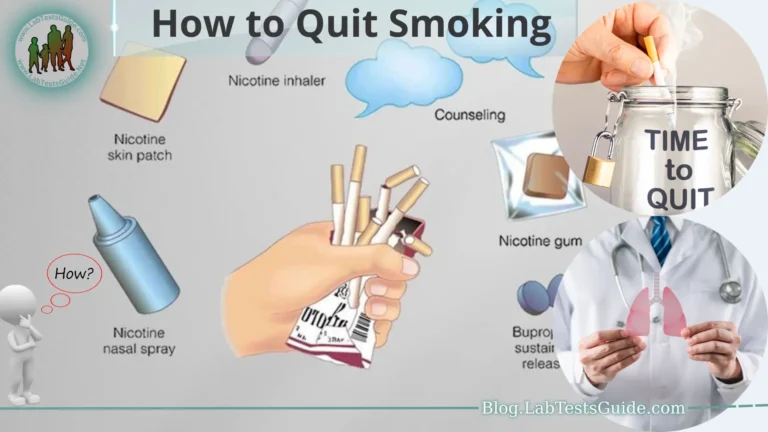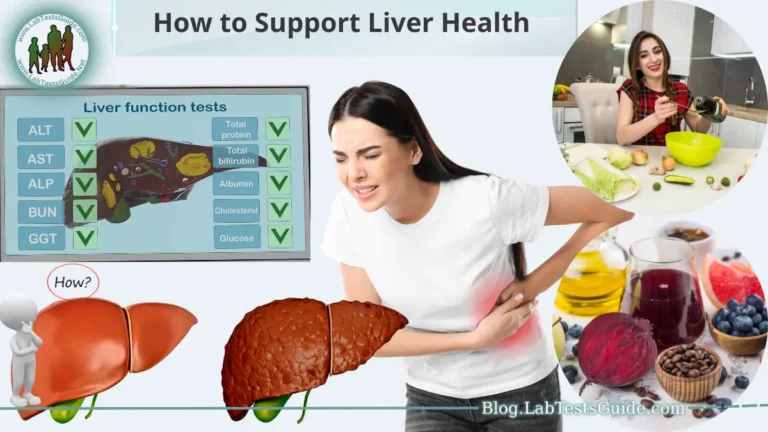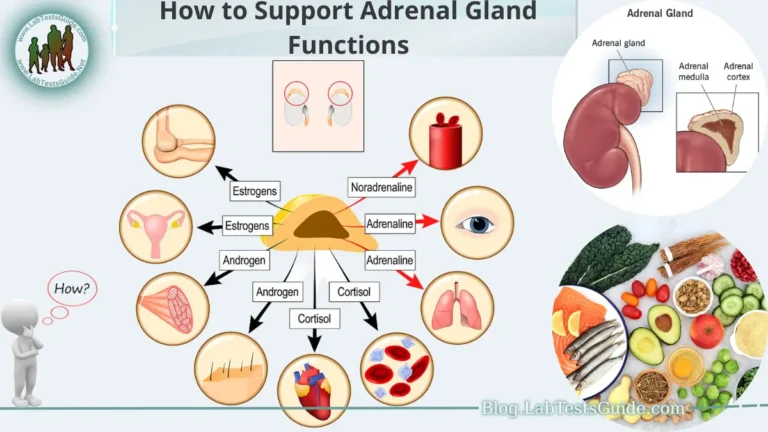Oral health is an important aspect of general health and well-being, and caring for your teeth and gums is essential to maintaining good oral hygiene. While brushing and flossing are crucial components of a daily oral care routine, the use of mouthwash can also provide numerous benefits to our oral health. In this article, we’ll explore the comprehensive oral health benefits of mouthwash, including its ability to reduce plaque and gingivitis, freshen breath, fight cavities, and reduce dry mouth. Understanding these benefits can help us make informed decisions about incorporating mouthwash into our daily oral care routine, ultimately leading to better oral health and overall well-being.

Reduction of Plaque and Gingivitis:
Plaque is a sticky film of bacteria that forms on teeth and can lead to cavities and gum disease. Gingivitis is a form of gum disease characterized by inflammation and bleeding of the gums. While brushing and flossing are effective in removing plaque, rinsing can also provide additional benefits in reducing plaque and gingivitis.
Mouthwash contains antimicrobial agents that can kill bacteria in the mouth, including bacteria responsible for plaque and gingivitis. By rinsing with mouthwash after brushing and flossing, we can further reduce the amount of bacteria in the mouth and prevent plaque buildup.
Several studies have shown the efficacy of mouthwash in reducing plaque and gingivitis. One study found that using mouthwash twice a day resulted in a significant reduction in plaque and gingivitis compared to brushing alone. Another study found that using an antimicrobial mouthwash for six months led to a significant reduction in gingivitis compared to a placebo.
It is important to note that while mouthwash can be an effective tool for reducing plaque and gingivitis, it should not be used as a substitute for brushing and flossing. Regular brushing and flossing, along with the use of mouthwash, can help maintain good oral hygiene and prevent the buildup of plaque and bacteria in the mouth.
Home remedies of Freshening Breath:
In addition to using mouthwash, there are several home remedies that can be effective in freshening breath:
Brush and floss regularly: Brushing and flossing regularly can help remove food particles and bacteria from your mouth, which can help prevent bad breath.
Drink plenty of water: Drinking water can help flush out bacteria and food particles that can cause bad breath. Additionally, staying hydrated can help prevent dry mouth, which is a common cause of bad breath.
Chew sugar-free gum: Chewing sugar-free gum can help stimulate saliva production, which can help wash away bacteria and food particles and freshen your breath.
Use herbs and spices: Chewing on herbs and spices like parsley, mint, or fennel can help freshen your breath. These herbs and spices contain natural compounds that can help mask bad breath and leave your mouth feeling fresh.
Use Baking Soda: Baking soda can help neutralize mouth odors and freshen your breath. Mix 1/2 teaspoon of baking soda with water and rinse your mouth with the solution.
It is important to note that while these home remedies can be effective in freshening your breath, they should not be used as a substitute for good oral hygiene practices. Regular brushing and flossing, along with the use of mouthwash, can help maintain good oral hygiene and prevent bad breath.
Reducing Dry Mouth:
Causes of dry mouth.
Some of the common causes of dry mouth include.
- Medications: Many prescription and over-the-counter medications can cause dry mouth as a side effect. These include antihistamines, decongestants, antidepressants, and diuretics.
- Medical Conditions: Certain medical conditions, such as diabetes, Sjögren’s syndrome, and HIV/AIDS, can cause dry mouth.
- Radiation therapy: Radiation therapy to the head and neck can damage the salivary glands and cause dry mouth.
- Chemotherapy: Chemotherapy can cause temporary or permanent damage to the salivary glands, leading to dry mouth.
- Nerve damage: Damage to the nerves that control saliva production can cause dry mouth.
- Aging : As we age, our salivary glands may produce less saliva, leading to dry mouth.
- Lifestyle factors: Smoking, drinking alcohol, and using certain recreational drugs can contribute to dry mouth.
Addressing the underlying cause of dry mouth is important, as chronic dry mouth can lead to oral health problems such as cavities, gum disease, and bad breath. If you have persistent dry mouth, it’s important to talk to your dentist or health care provider to determine the cause and develop a treatment plan.
How mouthwash can help reduce dry mouth,
Mouthwash can help reduce dry mouth by increasing saliva production and adding moisture to the mouth. Some types of mouthwashes contain ingredients that stimulate saliva production, such as xylitol, which is a natural sweetener that can also help prevent cavities. Also, certain mouthwashes contain ingredients like glycerin and propylene glycol, which can help lubricate the mouth and add moisture.
When using a mouthwash to help reduce dry mouth, it’s important to choose an alcohol-free product, as alcohol can further dry out the mouth. Also, it’s important to use mouthwash as directed and not rely solely on mouthwash as a treatment for dry mouth. Maintaining good oral hygiene practices, such as brushing and flossing regularly, and staying hydrated by drinking plenty of water can also help prevent dry mouth and maintain good oral health.
It is also important to address any underlying medical conditions or medications that may be contributing to dry mouth, as well as lifestyle factors such as smoking or alcohol consumption, in order to effectively manage dry mouth. Your dentist or health care provider can work with you to develop a comprehensive treatment plan that addresses the underlying causes of dry mouth and helps prevent oral health problems.
Scientific evidence supporting the use of mouthwash:
There is scientific evidence supporting the use of mouthwash for a variety of oral health benefits. Some studies have found that using mouthwash can help reduce bacteria levels in the mouth, which can lead to a reduction in plaque and gingivitis. For example, a 2018 review of studies published in the Journal of Clinical Periodontology found that mouthwashes containing essential oils and chlorhexidine may be effective in reducing plaque and gingivitis.
Other studies have found that mouthwash can be effective in freshening breath. For example, a 2019 study published in the Journal of Clinical Dentistry found that a mouthwash containing sodium chlorite and zinc may be effective in reducing bad breath.
There is also some evidence to suggest that mouthwash may be helpful in reducing dry mouth. A 2016 study published in the Journal of Contemporary Dental Practice found that using a mouthwash containing xylitol can help increase salivary flow in patients with dry mouth.
FAQs:
Is mouthwash a substitute for brushing and flossing?
No, mouthwash is not a replacement for brushing and flossing. It should be used as an additional tool in a comprehensive oral hygiene routine.
How often should I use mouthwash?
It depends on the specific product and your individual needs. Follow the directions on the label or consult your dentist for guidance.
Can mouthwash cause side effects?
Some people may experience side effects such as sensitivity, irritation, or staining of the teeth or mouth. If you experience any discomfort or adverse reaction, stop using the mouthwash and consult your dentist or health care provider.
Are there any risks associated with the use of mouthwash?
Mouthwash is generally safe when used as directed. However, excessive use or ingestion of mouthwash can be harmful, especially for children or those with certain medical conditions. It is important to use mouthwash as directed and keep it out of the reach of children.
What should I look for when choosing a mouthwash?
Look for a mouthwash designed specifically for your needs, such as reducing plaque and gingivitis, freshening breath, or relieving dry mouth. Choose a product with ingredients that are effective and safe for your oral health, and consult your dentist for guidance.
Conclusion:
In conclusion, mouthwash can provide a variety of oral health benefits, including reducing plaque and gingivitis, refreshing breath, and helping to alleviate dry mouth. Scientific evidence supports the use of mouthwashes for these purposes, although the effectiveness of individual products may vary. It is important to choose an appropriate mouthwash for your needs and use it as directed, while maintaining good oral hygiene practices and seeking regular dental care. If you have concerns about your oral health, be sure to consult with your dentist or health care provider for guidance and treatment.






